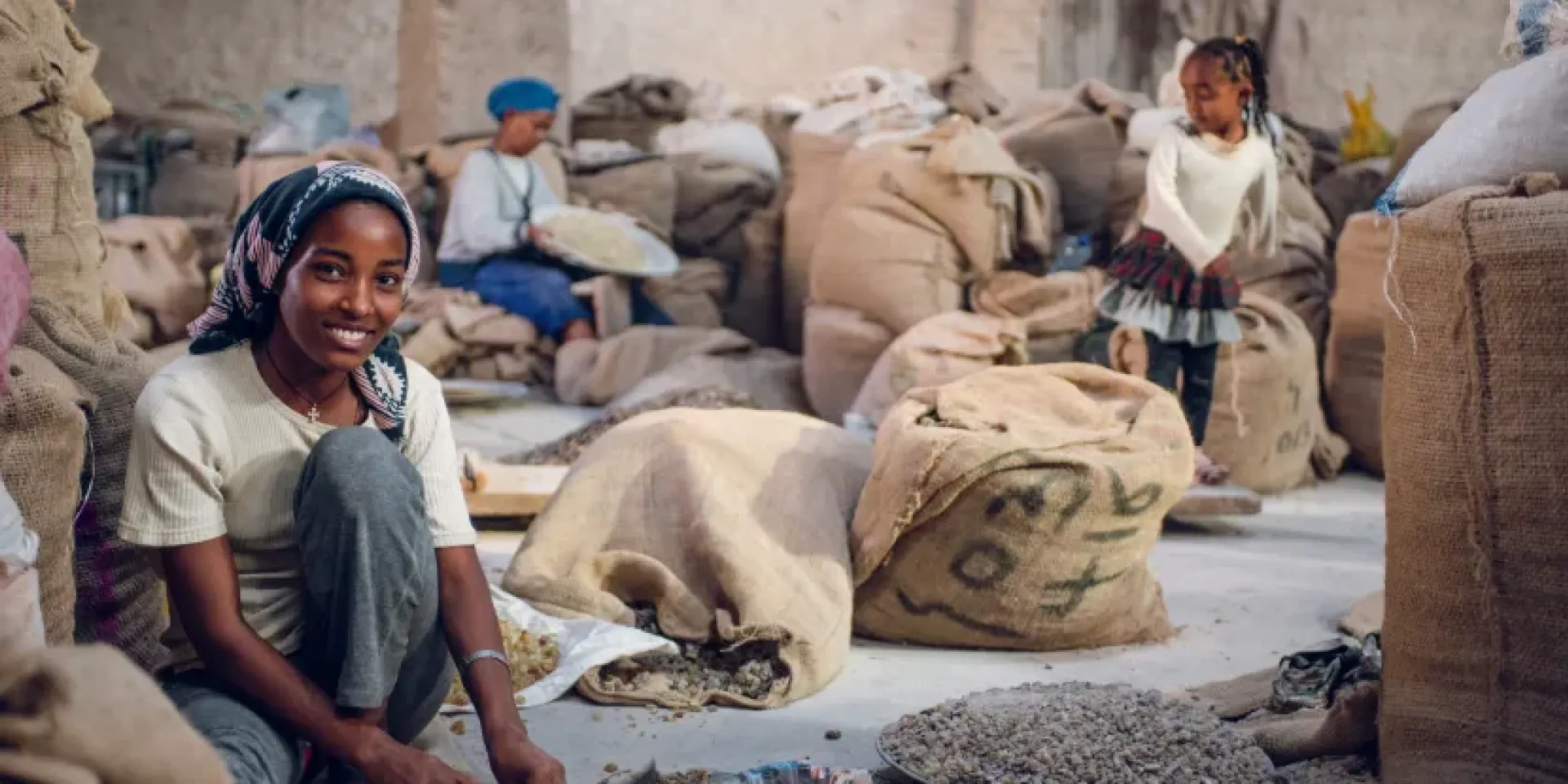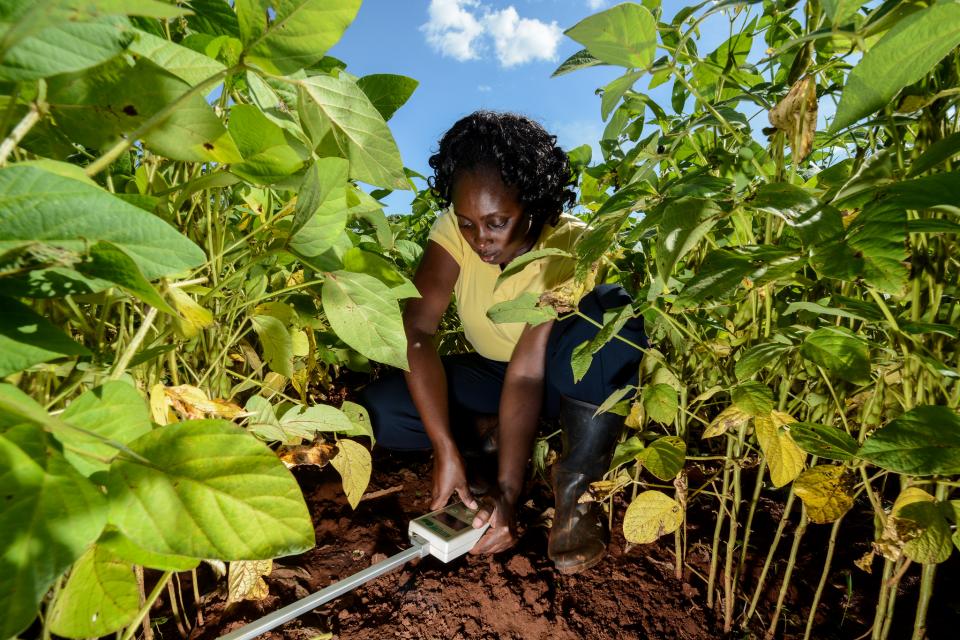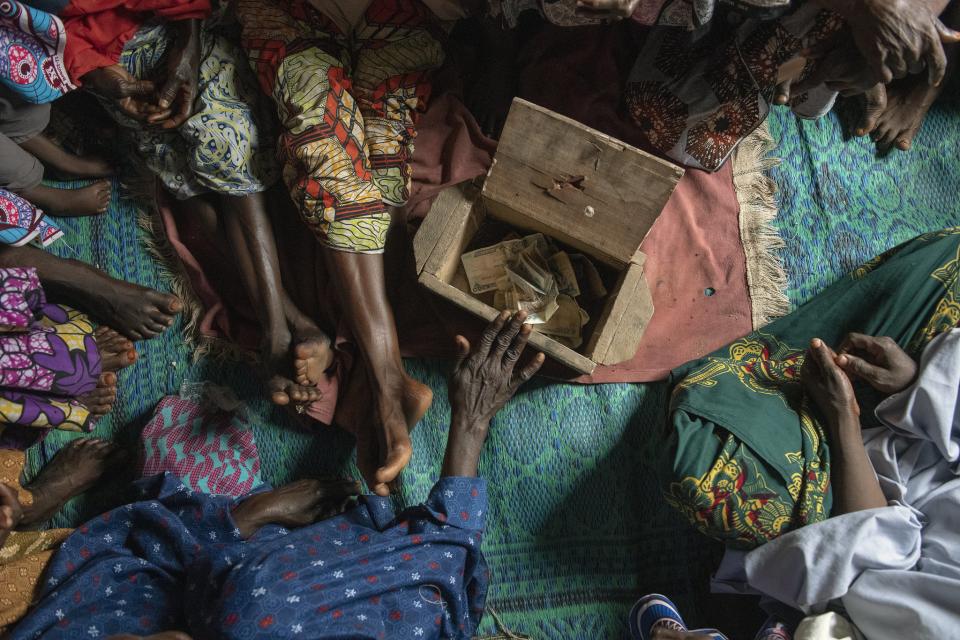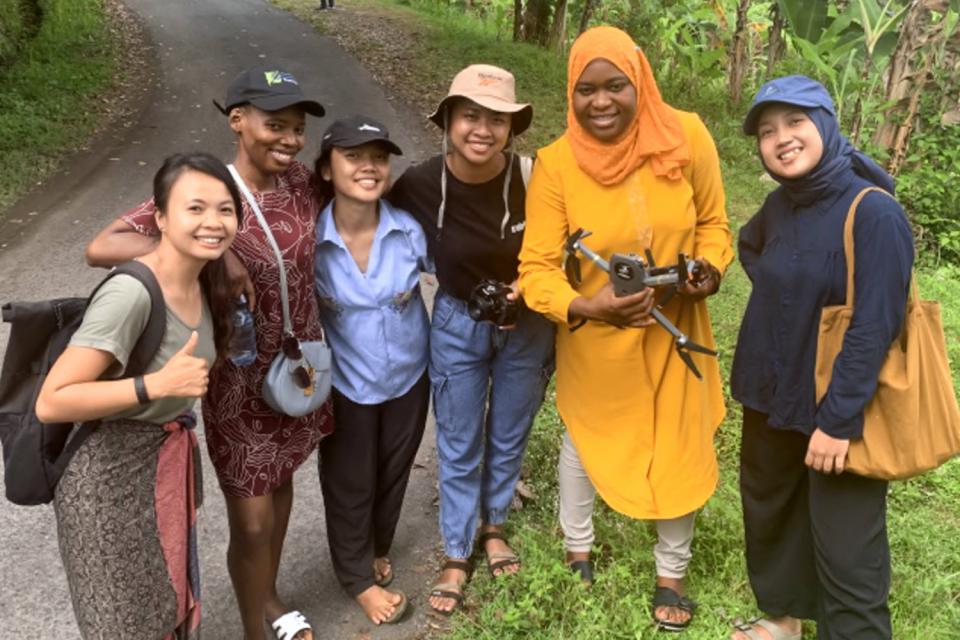How qualitative data analysis can serve women’s resource rights in Ethiopia

Demand-driven, gender-transformative training yields quick results.
“Working on gender issues requires the ability to understand questions such as ‘why’ and ‘how’,” said Stibniati Atmadja, a CIFOR-ICRAF scientist and Ethiopia’s Country Lead for the International Fund for Agricultural Development (IFAD)’s Women’s Land Rights Initiative (WLR). “Qualitative data is key for this – but collecting and analyzing such data is a major skill gap in many countries.”
She made the comments at an event designed to address that very challenge in the Ethiopian context. On November 4–5 2022, WLR together with the Participatory Small-scale Irrigation Development Programme II (PASIDP II) held a demand-driven technical support training on Qualitative Data Analysis (QDA).
Hosted in Addis Ababa, Ethiopia, this training was aimed at enhancing the capacity of PASIDP II staff at the federal and regional levels, and contributed towards IFAD’s goal of securing resource rights through gender transformative approaches (GTAs).


